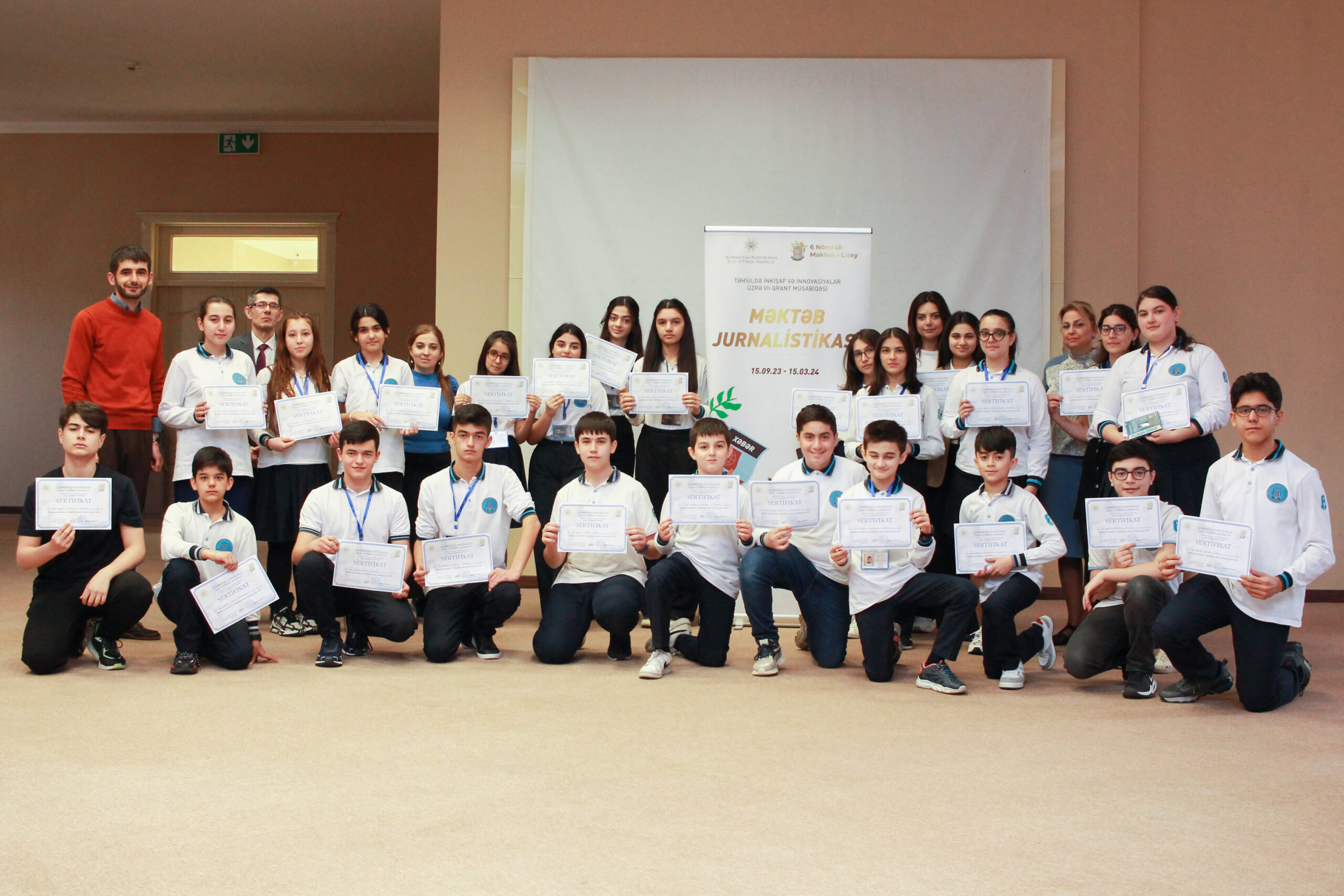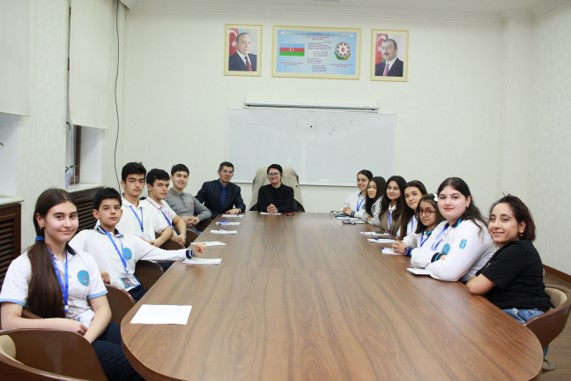This course follows up on Part I of this series and helps education professionals make better use of economic tools when making complex decisions to improve the quality, efficiency, equity and sustainability of education systems.
This six-week course is composed of:
- one module that reviews content from Part I;
- four learning modules that cover more advanced economic concepts, such as economic evaluation, demand, supply and production; and
- a final exercise that allows participants to apply all the concepts learned in the course.
- The course uses a multimedia approach to present key concepts and provide opportunities to apply and discuss them. In addition to select reading materials, the modules use a combination of videos, interactive simulations, research exercises and/or case studies to broaden participants’ understanding of the topics.
This course requires active participation to stimulate critical thinking and reflection as participants apply the skills and concepts to both the course exercises and their daily work in the education sector. Participants are expected to contribute to the online discussion and complete all the quizzes for each module.
Finally, participants are expected to submit the final exercise via email to the course facilitators by the end of the course. Altogether, the course should take approximately 30 hours over six weeks, or approximately 5 hours per week. All participants who complete these requirements will receive an electronic certificate of completion from the World Bank Institute.
Target Audience:
People involved in education reform and who have the opportunity to influence or contribute to important policy decisions throughout the reform process, such as:
- Heads of the programs and departments in the education, finance and planning ministries at the national, federal and regional levels
- Academic, research and professional development institutions in education
- Program managers of nongovernmental organizations involved in the development and implementation of national education policies
- Staff of the World Bank, international and bilateral agencies, and the broader education development community







